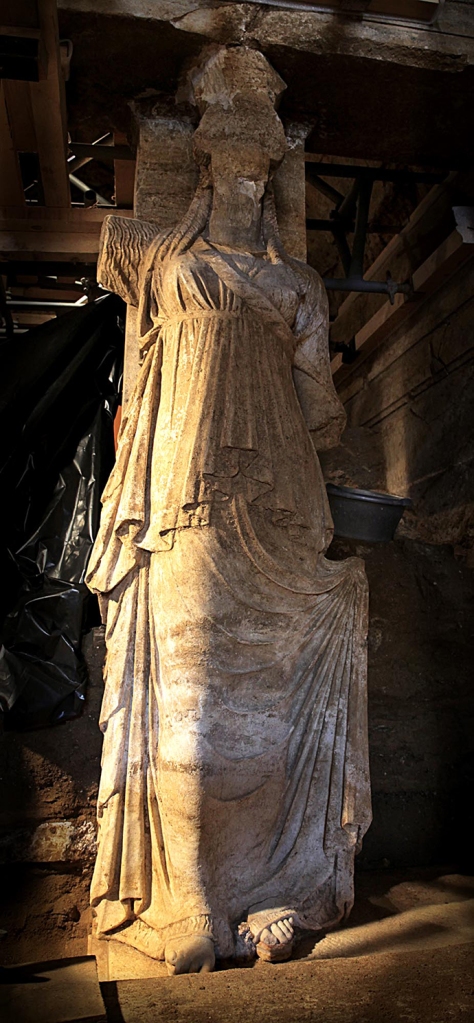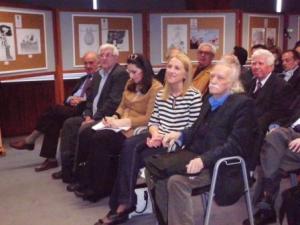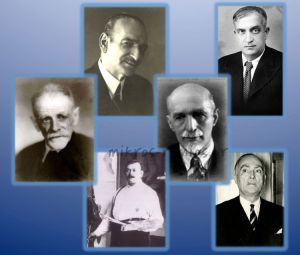The emergence of ultra-violent groups in the Middle East has allowed non-violent extremist groups in the West to claim an undeserved moral credibility. ISIS is the ideal fig-leaf. Even al-Qaeda, by comparison, now looks "moderate."
Ads by HQ-Video-Pro-1.8×Many of those Muslim groups that condemned ISIS have a long history of promoting extremism themselves. It turns out, for example, that senior officials at Al Muntada Trust -- which recently published a statement condemning ISIS, signed by nine other Islamic organizations -- have worked closely with Nabil al-Awadi, a "key financier" of ISIS.
The recent videotaped beheadings of Western hostages by ISIS have provided fundamentalists in the West with the opportunity to express shock and outrage at such barbarism -- and implicitly to claim their own Islamist narrative as good.
It is difficult to find an Islamic charity or lobby group in Britain that has not publicly voiced its disgust at ISIS. On the face of it, this is welcome news. After all, if Muslim community organizations were releasing statements in
support of ISIS, Britain's prospects would look fragile indeed.
Many of those Muslim groups that have condemned ISIS, however, have a long history of promoting extremism themselves. It turns out, for example, that senior officials at Al Muntada Trust -- which recently
published a statement condemning ISIS, signed by nine other Islamic organizations -- have
worked closely with Nabil al-Awadi, a "key financier" of ISIS.
In 2012, the Al-Muntada Trust invited al-Awadi and another jihadi cleric, Muhammad al-Arifi, to speak. Al-Arifi has been
linked to the radicalization of Muslim youth in Cardiff. He was recently banned from entering the UK, then went to fight for ISIS. Further, the Nigerian media have
accused Al Muntada of funding al-Qaeda affiliate Boko Haram.























